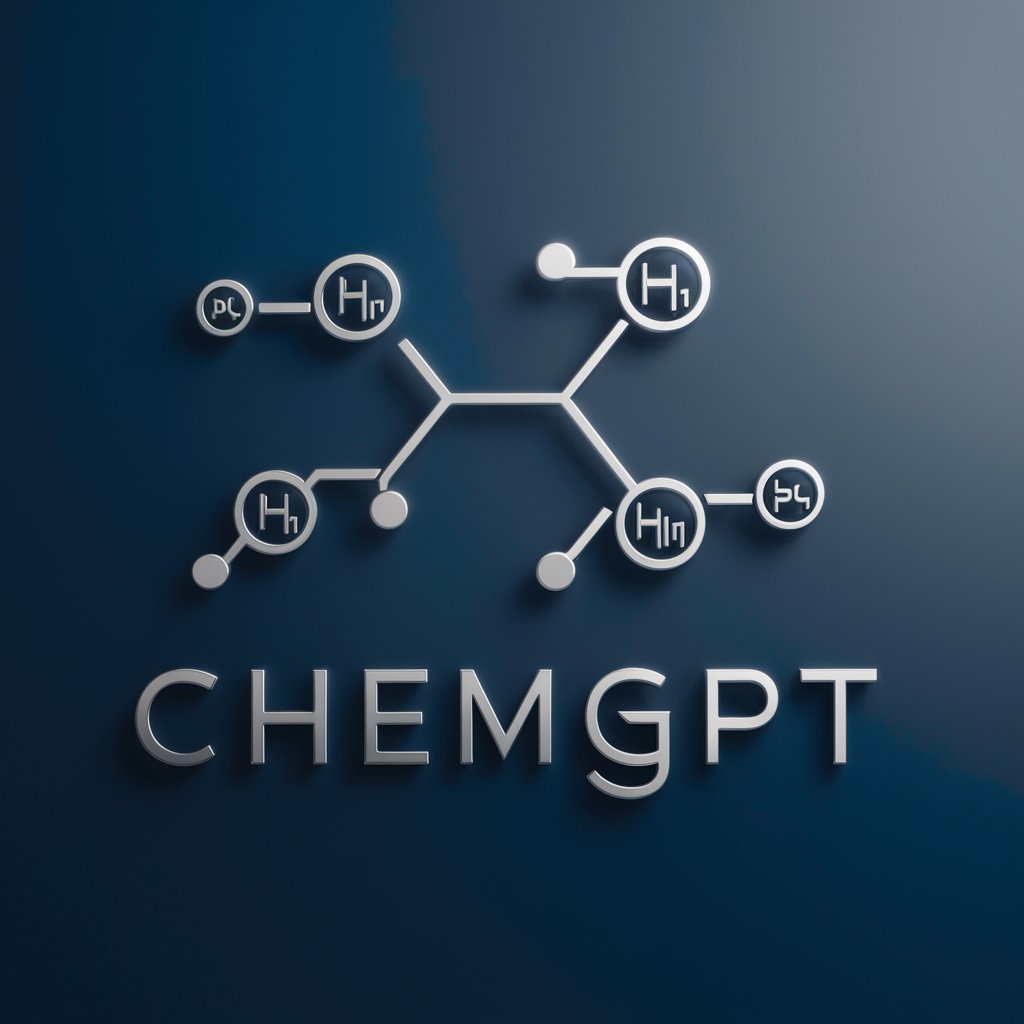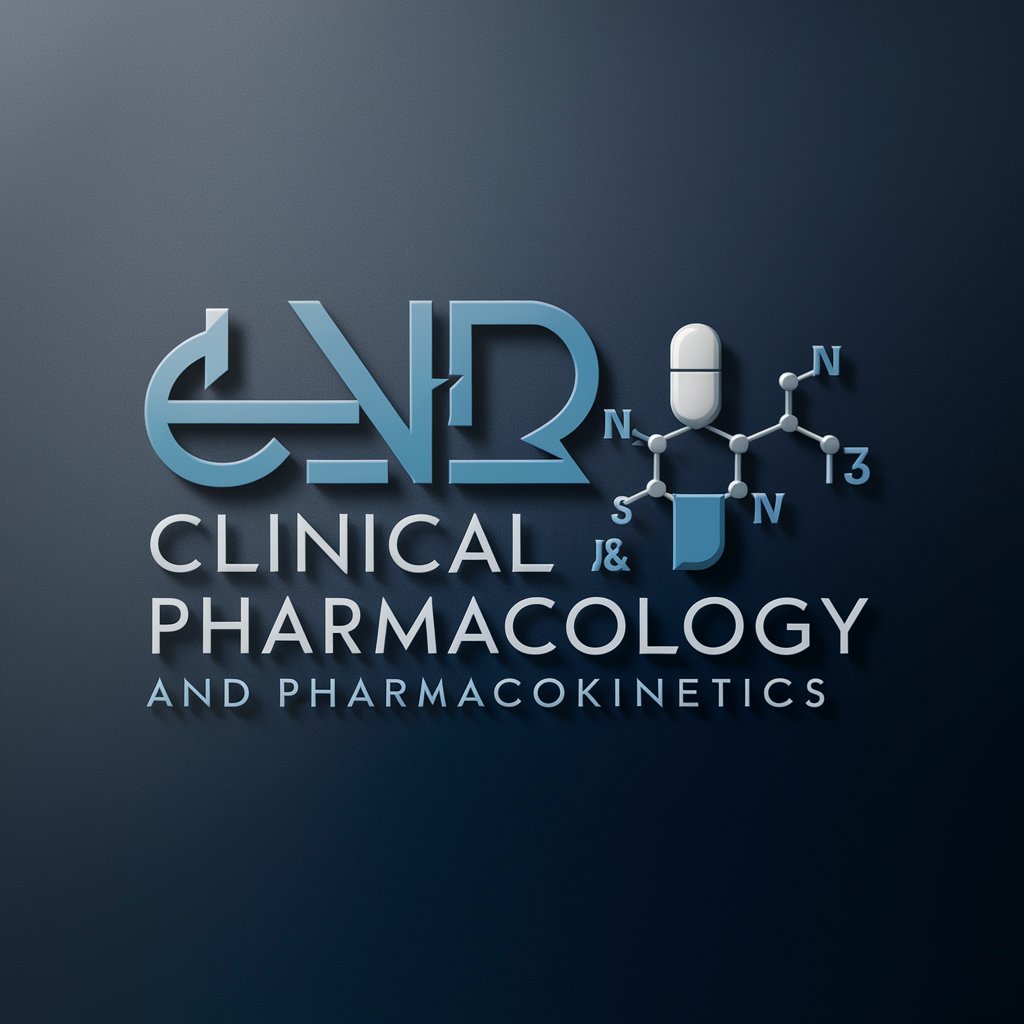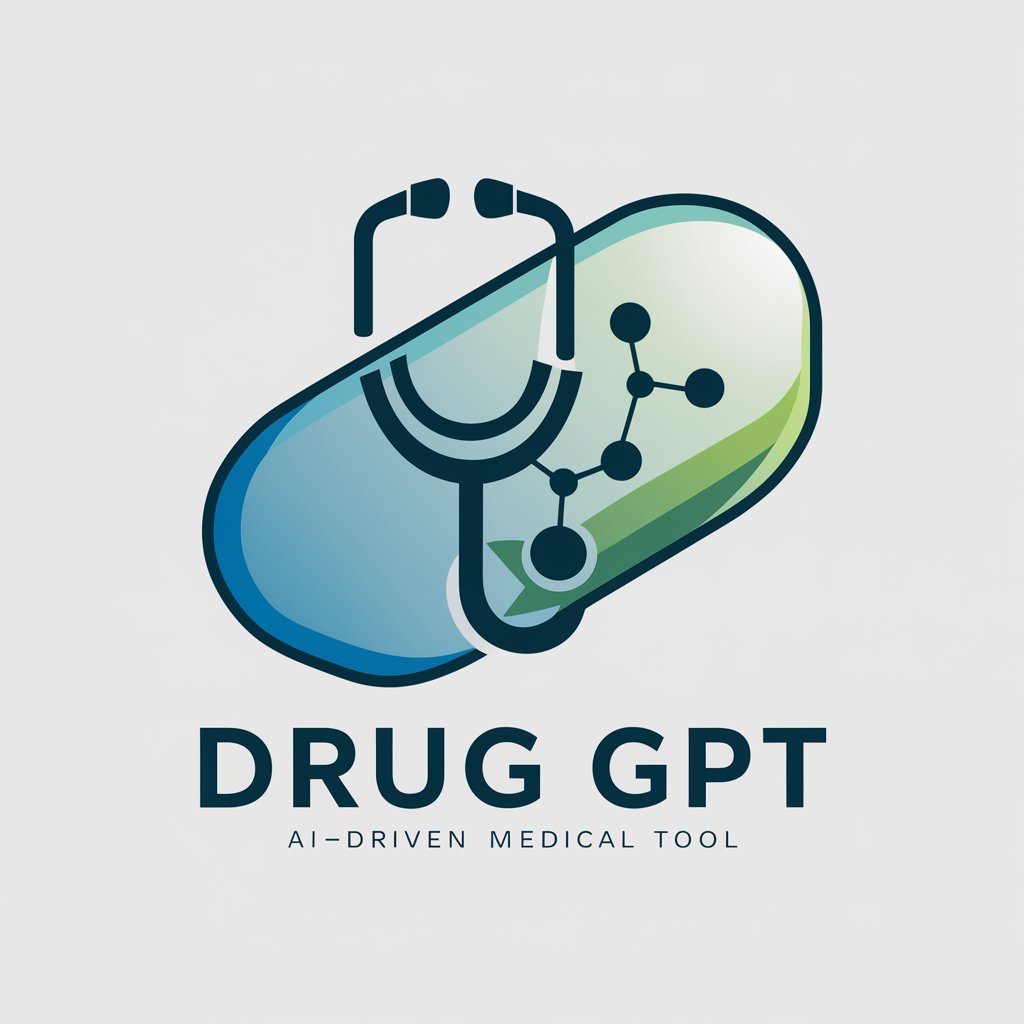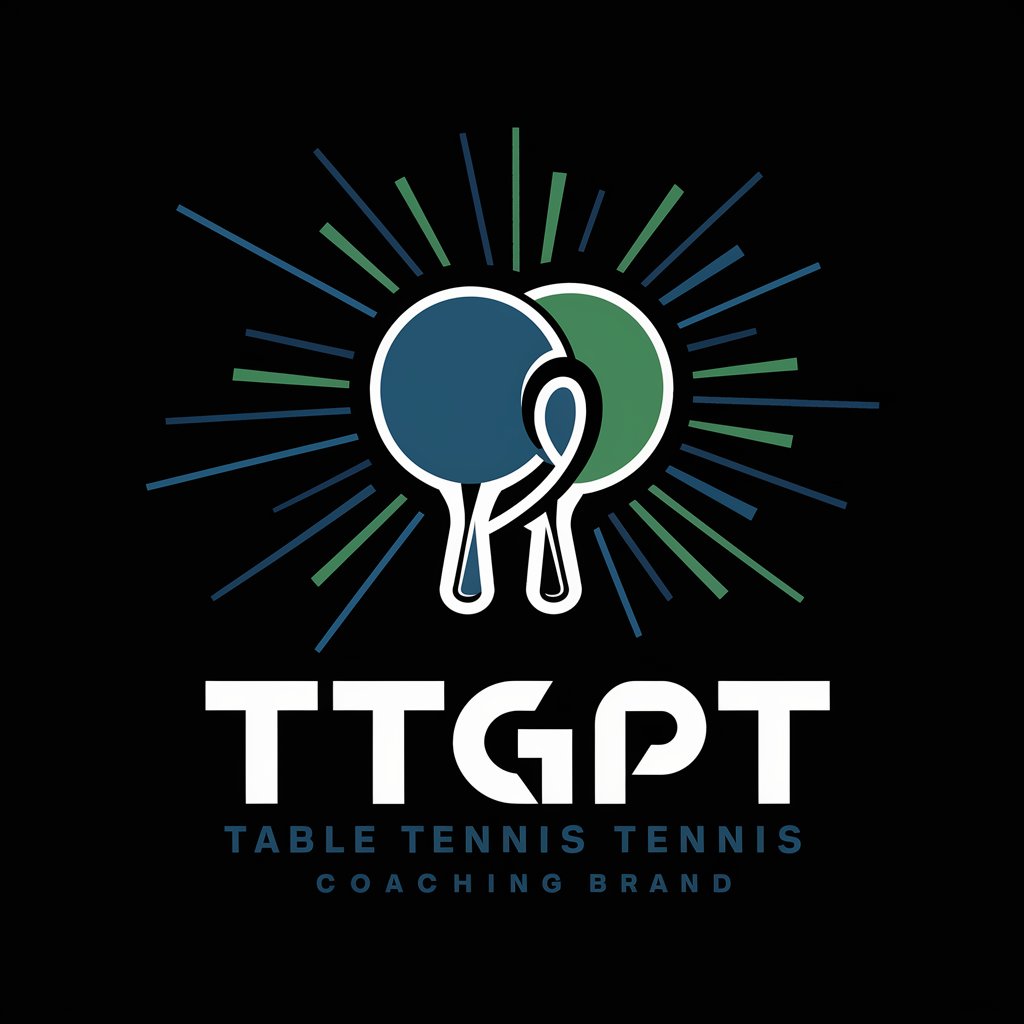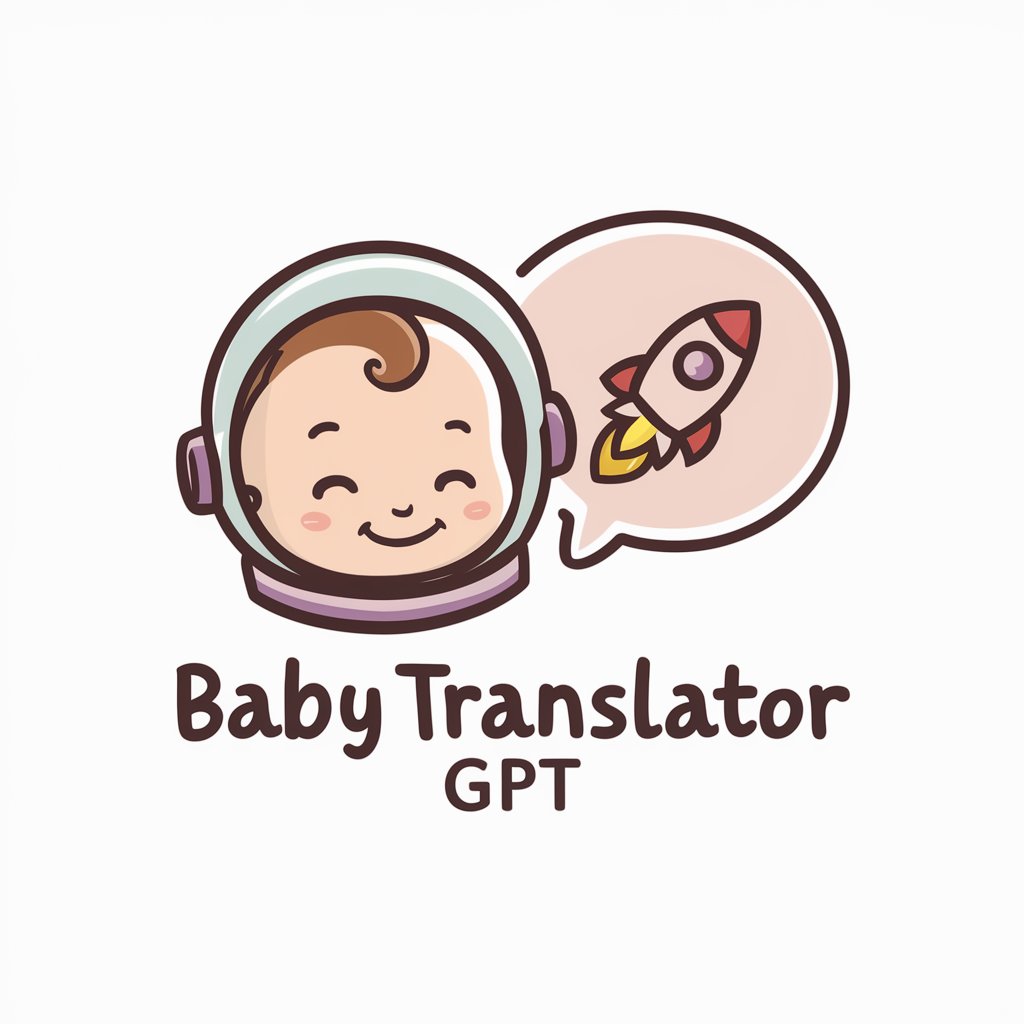
Drug GPT - Drug Interaction Insights
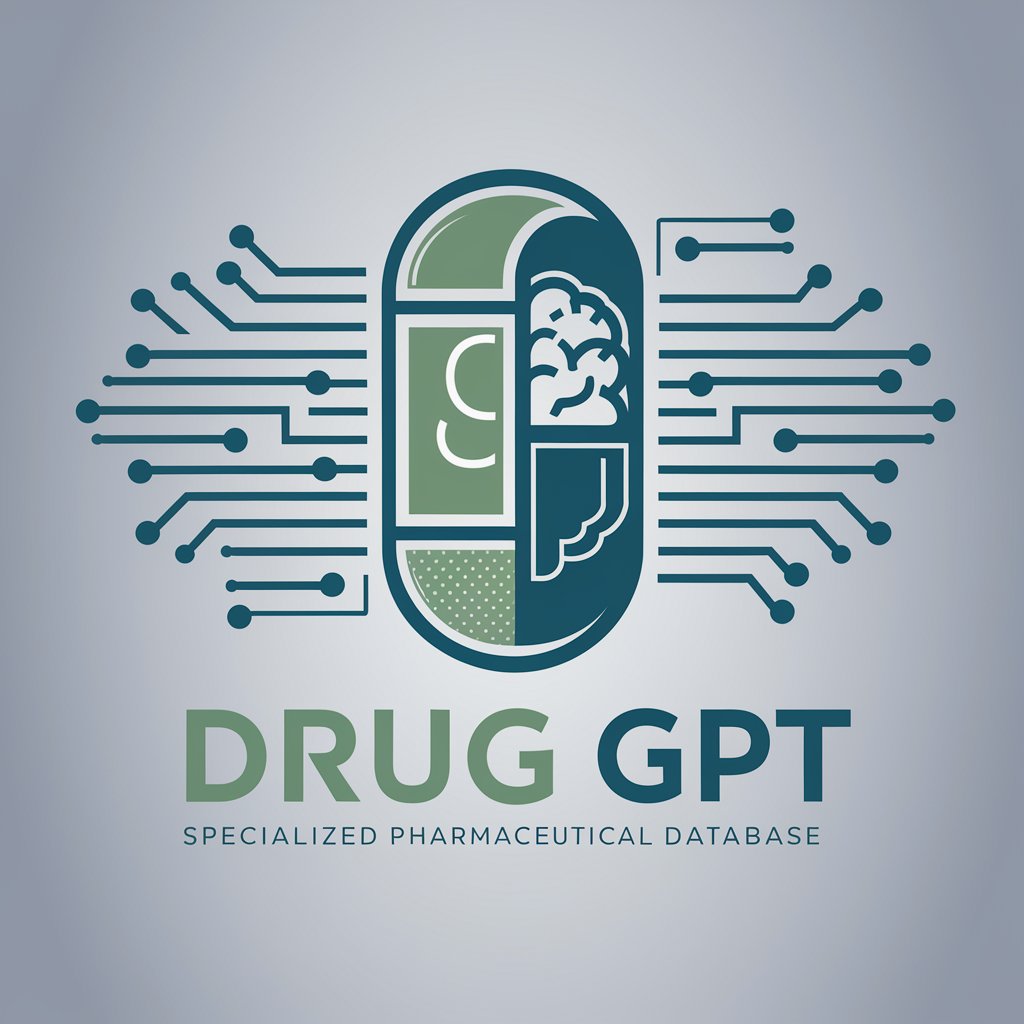
Welcome to Drug GPT, your trusted source for drug-drug interaction information.
Empowering healthcare with AI-driven drug insights.
Can you provide information on the interaction between...
What are the potential side effects when combining...
Is it safe to prescribe [Drug A] with [Drug B] for a patient with...
Could you check the contraindications for...
Get Embed Code
Introduction to Drug GPT
Drug GPT is a specialized digital assistant designed explicitly for the pharmaceutical sector, focusing on drug-drug interactions. This tool is grounded in the latest pharmaceutical data sourced from authoritative databases like Micromedex, LexiComp, and UpToDate. Drug GPT's primary design purpose is to serve as a comprehensive reference for healthcare professionals, pharmacists, and researchers, offering up-to-date information on the interactions between different medications. For instance, if a healthcare professional is considering prescribing a new medication to a patient already taking other drugs, Drug GPT can provide crucial information on potential interactions, side effects, and contraindications. This aids in making informed decisions that enhance patient care and safety. Powered by ChatGPT-4o。

Main Functions of Drug GPT
Drug-Drug Interaction Checker
Example
Identifying risks associated with the concurrent use of Warfarin and Amiodarone.
Scenario
A pharmacist receives a prescription for Amiodarone for a patient already on Warfarin. Using Drug GPT, the pharmacist checks for interactions and learns that Amiodarone can significantly increase the anticoagulant effects of Warfarin, necessitating close monitoring of INR levels and potentially adjusting the Warfarin dose.
Therapeutic Alternatives
Example
Finding alternative medications for patients with specific allergies or contraindications.
Scenario
A doctor needs to prescribe an antibiotic for a patient allergic to penicillin. Through Drug GPT, the doctor explores alternative antibiotics that do not belong to the penicillin class, ensuring effective treatment without risking an allergic reaction.
Medication Side Effect Profile
Example
Reviewing the side effect profile of Citalopram.
Scenario
A psychiatrist considering prescribing Citalopram for a patient with depression uses Drug GPT to review the drug's side effect profile, including common and rare side effects. This information helps in counseling the patient about what to expect and monitoring for adverse effects.
Ideal Users of Drug GPT Services
Healthcare Professionals
Doctors, nurses, and pharmacists who need quick, reliable information on drug interactions, side effects, and contraindications to make informed treatment decisions and provide patient counseling.
Clinical Researchers
Researchers involved in drug development or clinical trials who require detailed drug interaction data and therapeutic profiles to ensure the safety and efficacy of new medications or treatment regimens.
Medical Students and Educators
Students learning about pharmacology and educators teaching drug therapy management who benefit from an up-to-date, accessible resource for studying and teaching complex drug interactions and pharmacokinetics.

How to Use Drug GPT
1
Access a trial on yeschat.ai freely without the need for ChatGPT Plus or account creation.
2
Input your drug interaction query clearly, mentioning the specific drugs in question.
3
Review the generated response for detailed drug-drug interaction information, including potential effects and recommendations.
4
Utilize the provided data to inform clinical decisions or academic research, ensuring to cross-reference with current guidelines.
5
For complex queries or additional clarity, refine your question or ask follow-up questions as needed.
Try other advanced and practical GPTs
Proofreader Pro
AI-Powered Writing Assistant
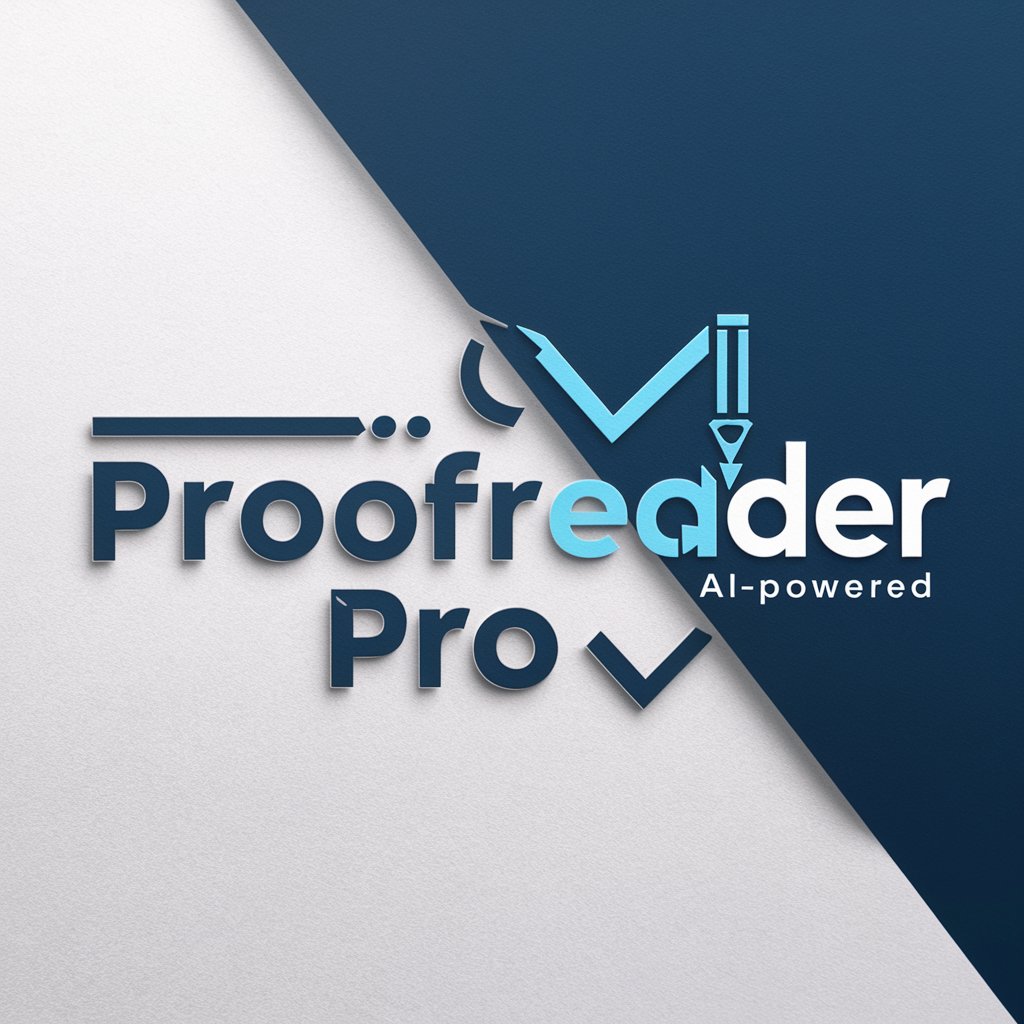
매일매일 영어한문장
Elevate your English, one sentence a day.
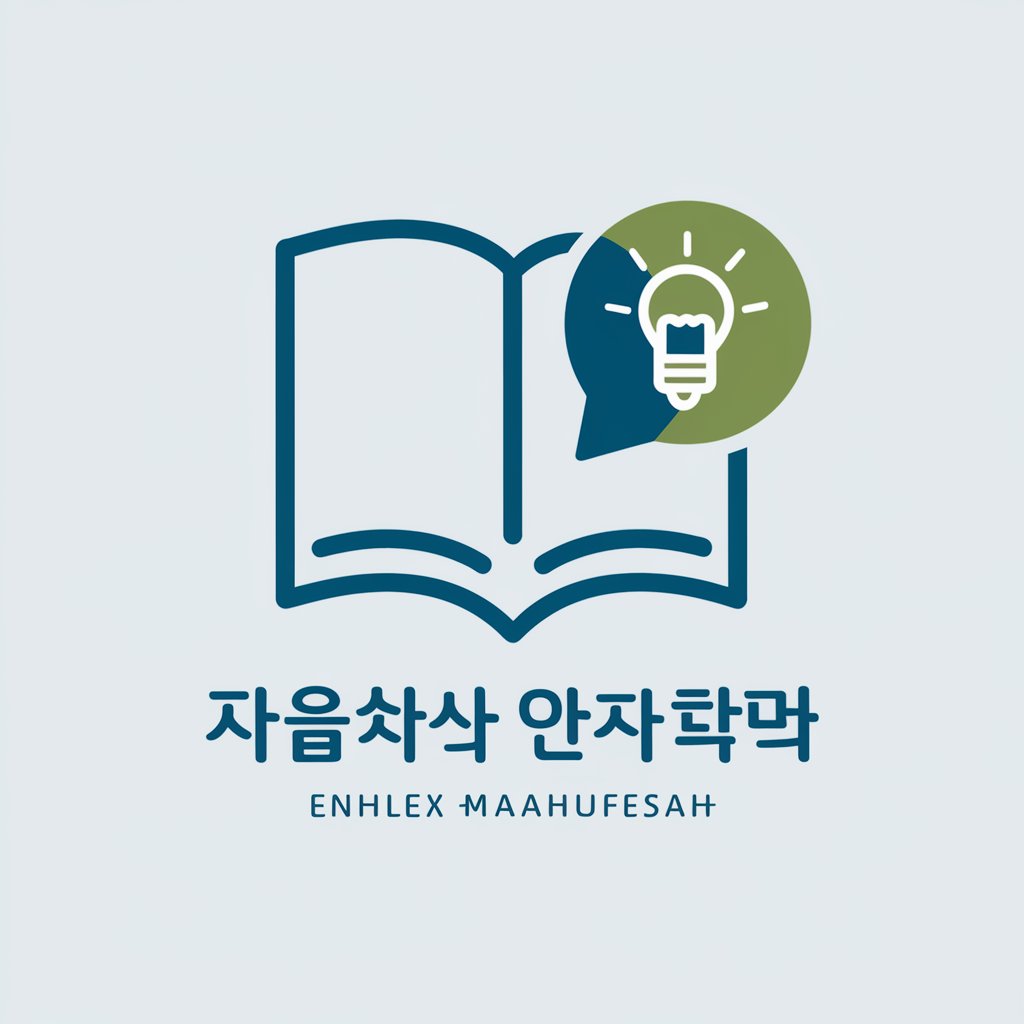
Pace Partner
AI-Powered Running Companion
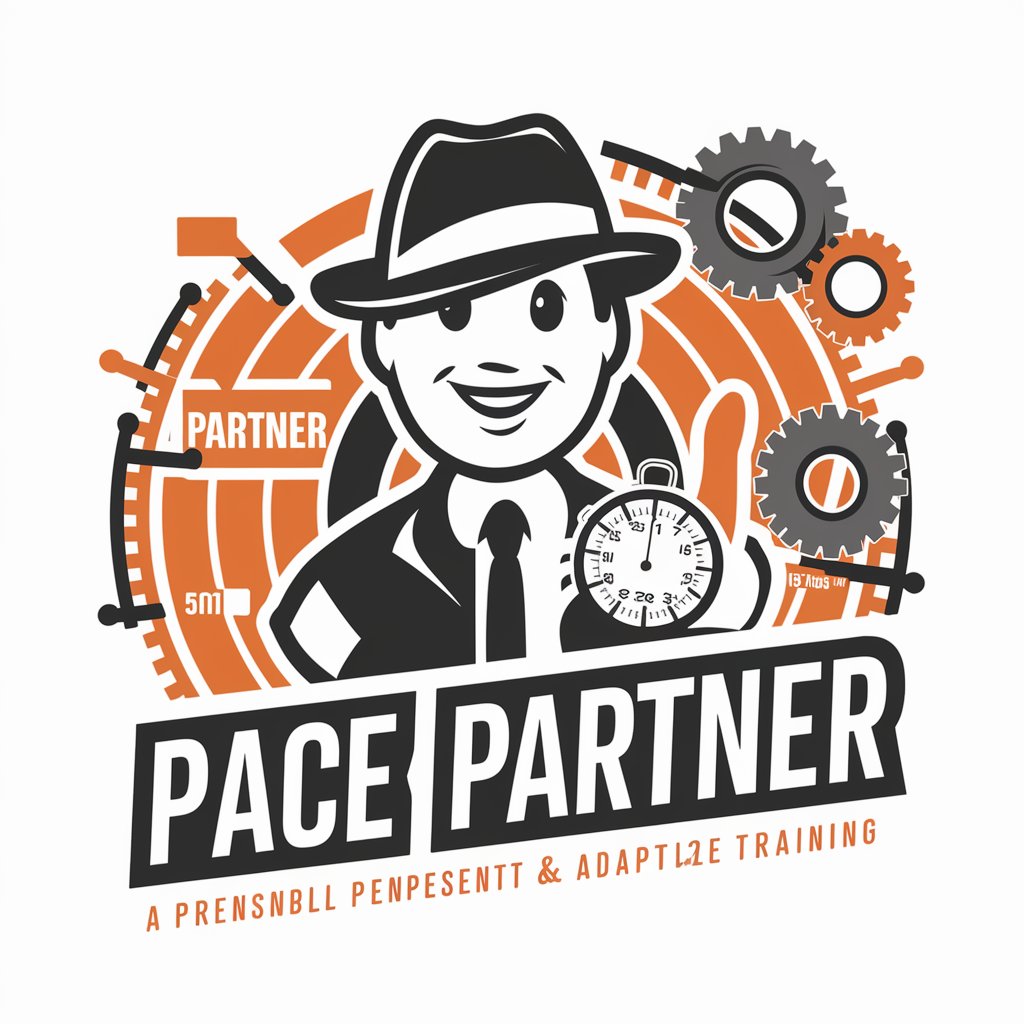
kitchen Sage 🧙♂️📸
Transforming Ingredients into Recipes
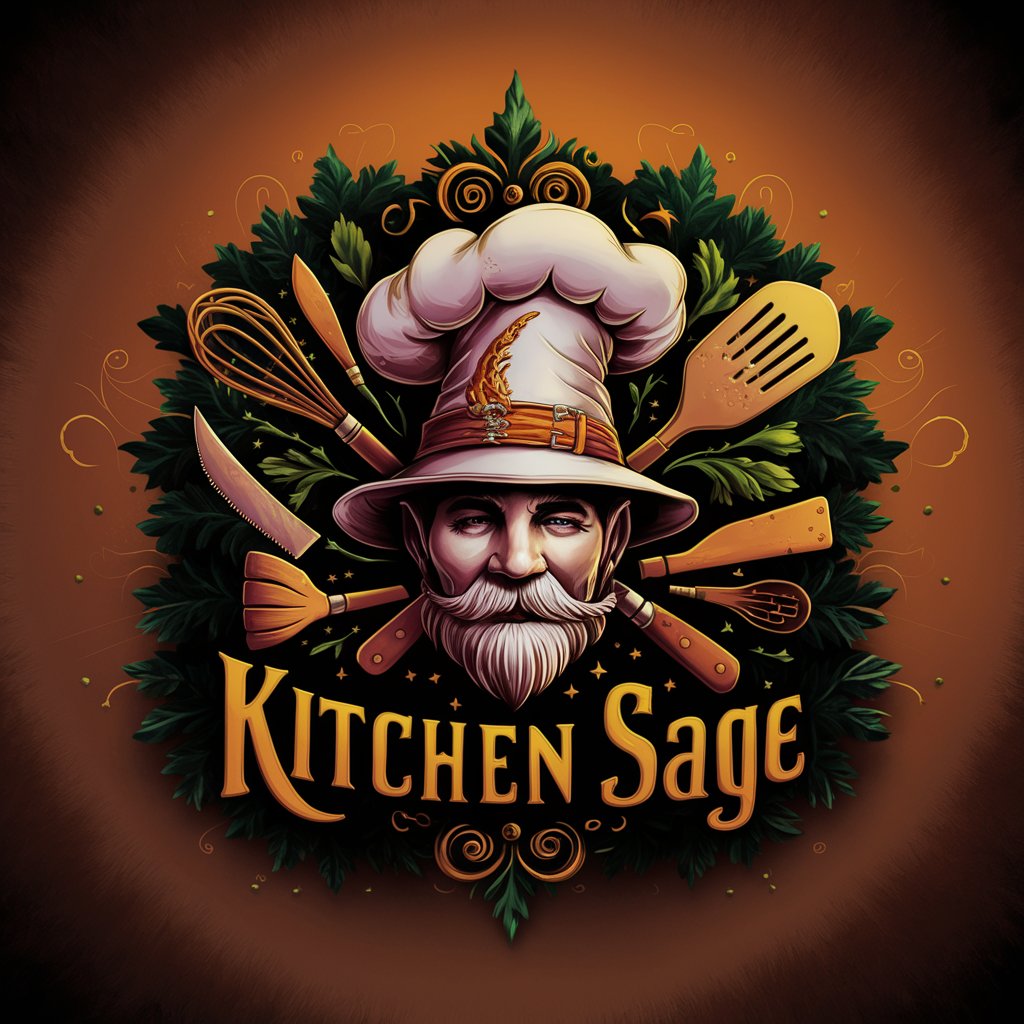
Study Buddy
Your AI-Powered Academic Ally
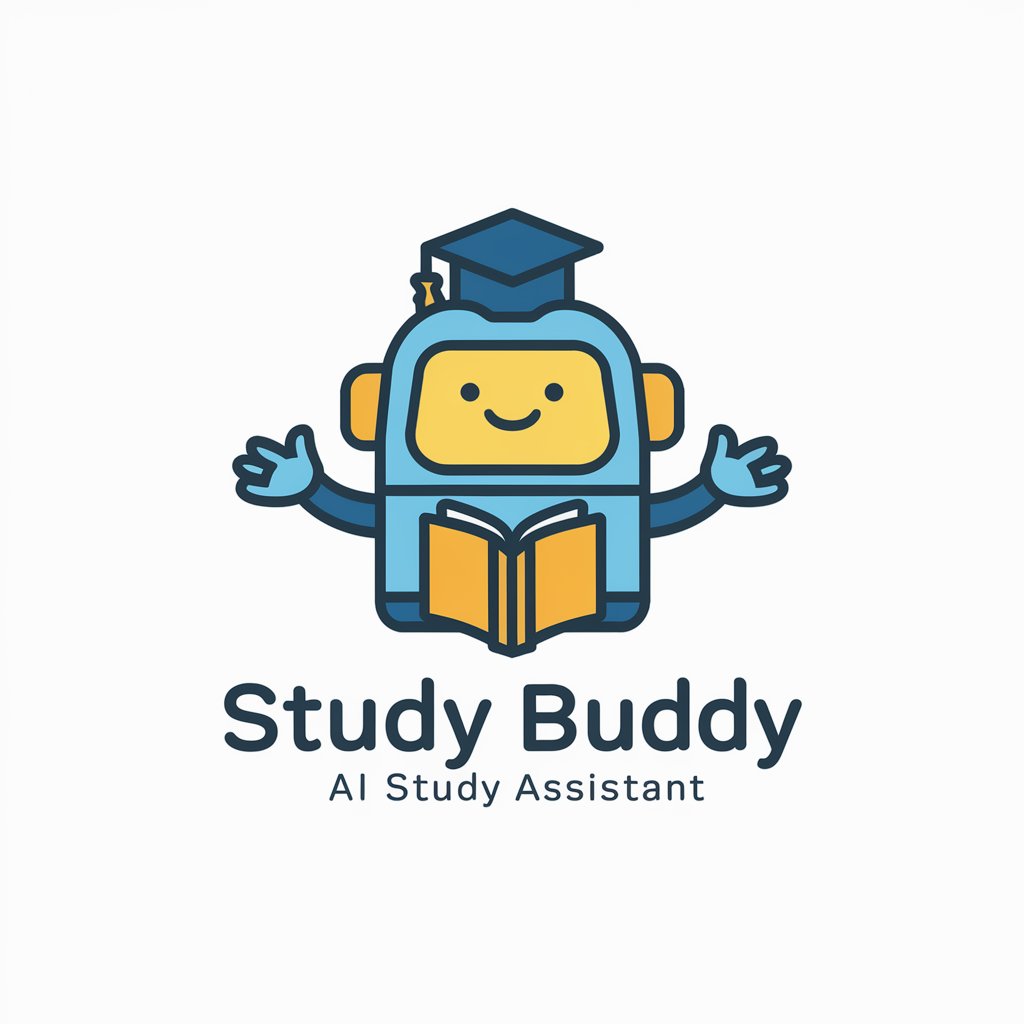
Smart Farming
Cultivate with AI, Harvest with Efficiency
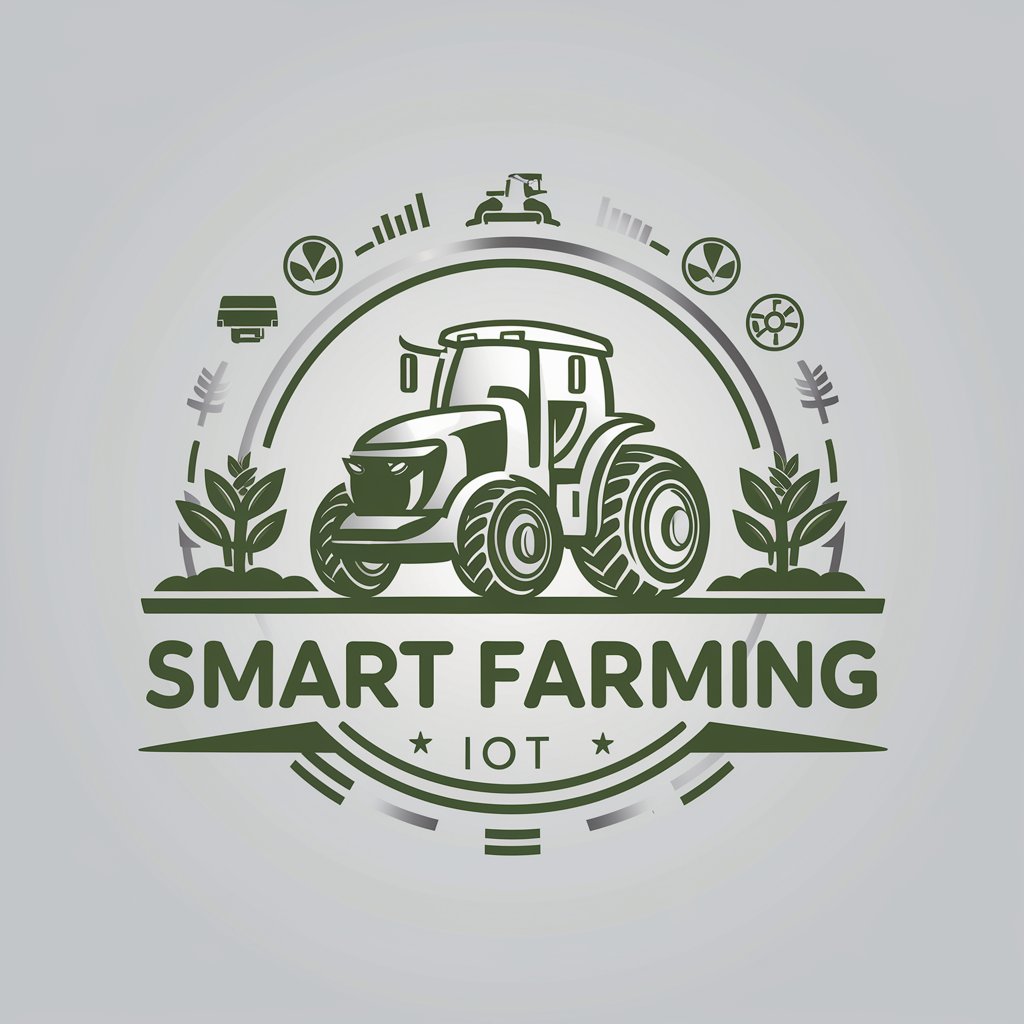
Newsroom Mentor
Elevate Your Writing with AI-Powered Insights
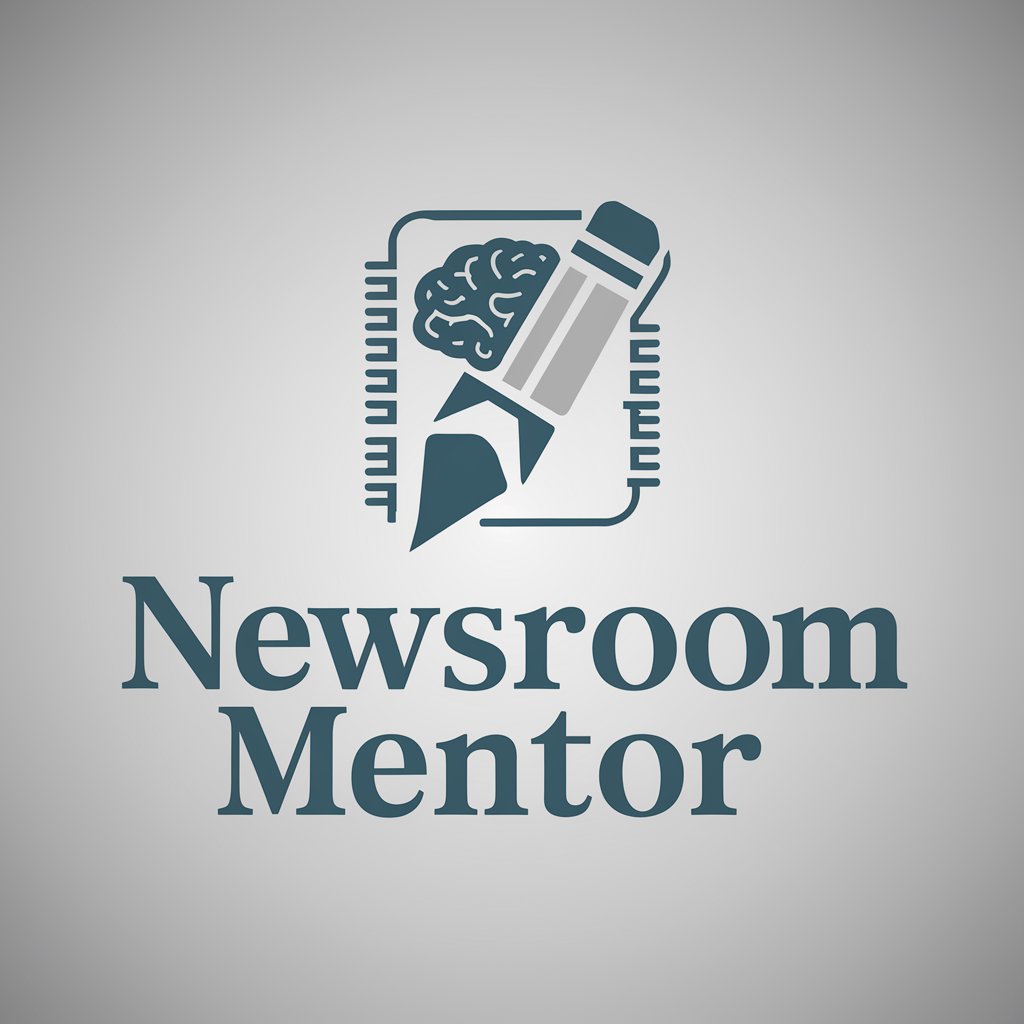
Magic Eightball
Your AI-powered fortune teller
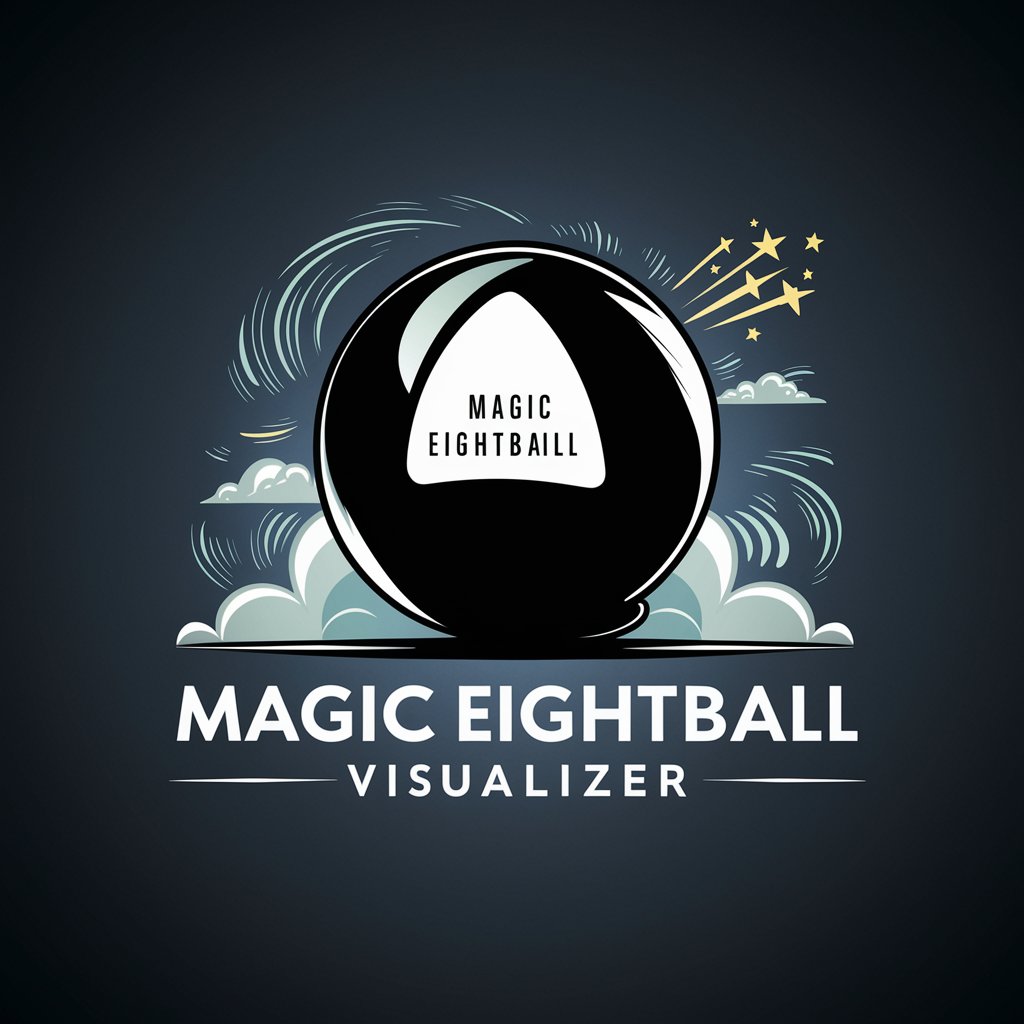
Recruiter Buddy
Streamlining Recruitment with AI
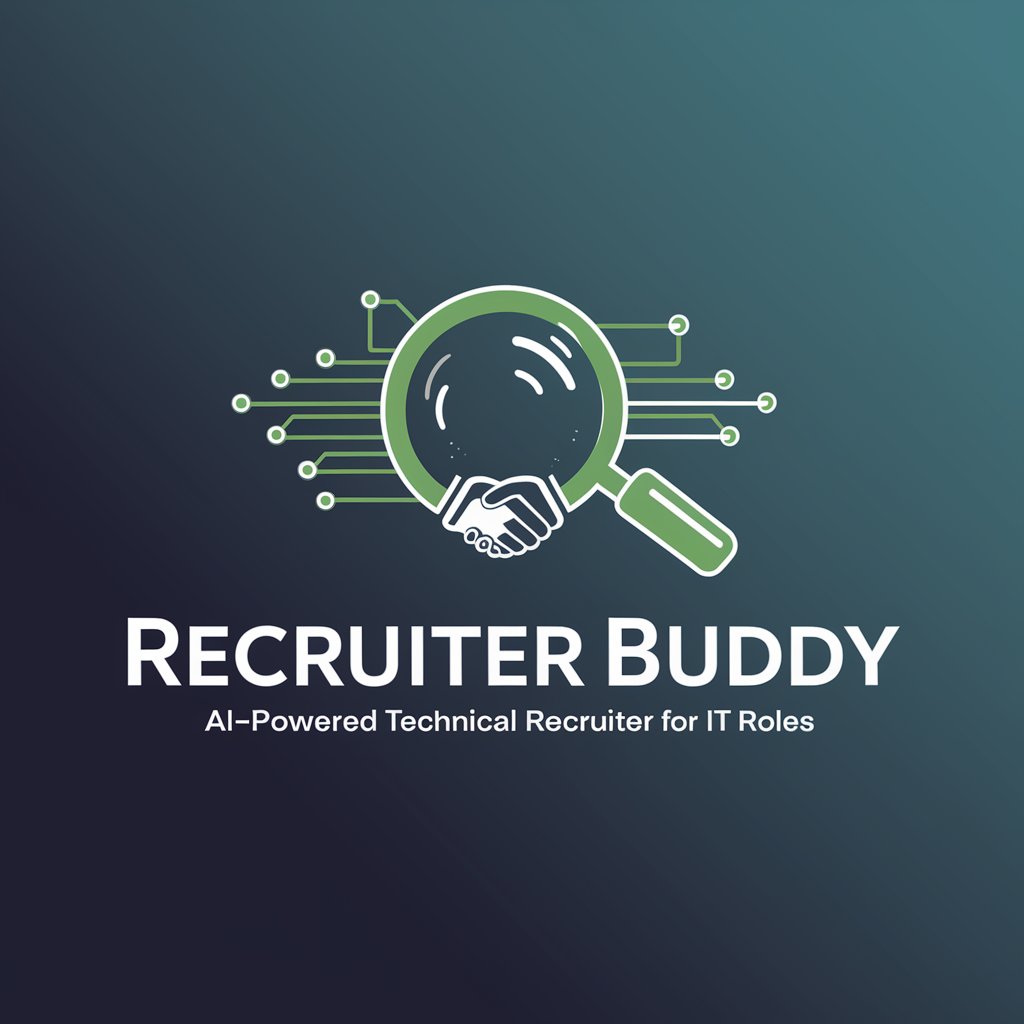
Tech Chief
Empowering decisions with AI insights

Sauna Advisor
Expert Advice at Your Fingertips

Richard Fallah
Empowering Decisions with AI Insights

Frequently Asked Questions About Drug GPT
What is Drug GPT?
Drug GPT is an AI-powered tool designed to provide detailed information on drug-drug interactions, utilizing up-to-date databases like Micromedex, LexiComp, and UpToDate.
Can Drug GPT replace medical advice?
No, Drug GPT is a supplementary tool intended to support healthcare professionals by providing drug interaction data. It should not replace professional judgment or patient-specific medical advice.
How current is the information provided by Drug GPT?
Drug GPT pulls from the latest available data in pharmaceutical databases, ensuring the information is as current as possible within the constraints of its last update.
Can Drug GPT provide recommendations for treatment?
While Drug GPT offers information on drug interactions, it does not provide specific treatment recommendations. Healthcare professionals should use their judgment in making clinical decisions.
Is Drug GPT suitable for academic research?
Yes, Drug GPT can be a valuable resource for academic research, offering detailed drug interaction information that can support studies in pharmacology and healthcare.
